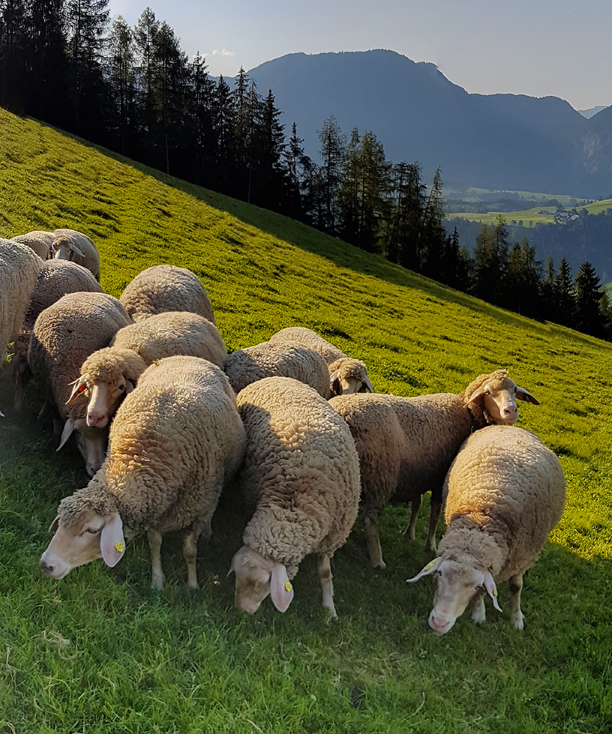The animals were taken to pasture untreated and quickly became infected with gastrointestinal strongyles (MDS). The still growing animals responded to this infestation with different growth performance and could thus be divided into four phenotypes (low-performing, high-performing, not resilient, resilient). From the first generation of sons, 18 animals (mutton) were challenged using the same procedure and also divided into phenotypic classes. The correlation coefficient of the phenotypes between mothers and sons is only 0.12.
Since all animals continued to be observed until 2024, it was observed over time that different animals acquired individual immunity and the overall pressure of MDS decreased. The study, which was carried out on a very small scale, shows that genetic resilience can be inherited to a small extent, but that, above all, promoting individual immunity can lead to success. The entire spectrum of recommended measures for sheep farming can be used.
team

Dr. Thomas Guggenberger, MSc
Head of the Institute for Livestock Research
Dr. Ferdinand Ringdorfer
sheep and goats
Reinhard Huber
sheep and goats
DIin Maria Naynar
sheep and goats







